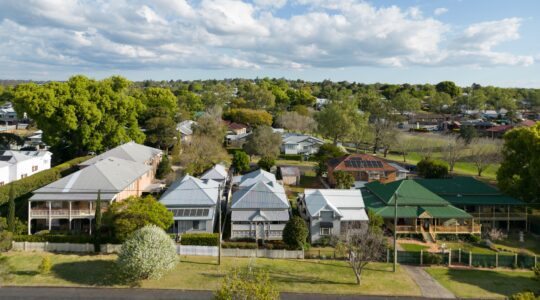The effect gravity has on human health will be put to the test through experiments in space, which were launched this week.
Researchers from Melbourne’s La Trobe University are part of an international collaboration with the Swedish Space Corporation, the German space agency and a Melbourne aerospace engineering firm.
Professor Patrick Humbert said a tiny vial of “flying gut cells” was on board the MAPHEUS-15 research rocket, which launched on November 11, and would give scientists a better understanding of how the removal of gravity in long-term space flight affects the body.
Professor Humbert said this was critical not only for the health of astronauts, but could also have implications for medical advances on Earth.
He the German Aerospace Centre (DLR) was co-ordinating a series of space launches that La Trobe scientists hoped could ultimately tell us about the fundamental mechanisms of cell regeneration and cancer.
“The gut cells, known as Gastronauts, were housed in ‘mini labs’, specially engineered by Melbourne’s Enable Aerospace.”
Professor Humbert said the small modules housed tiny temperature-controlled vials of cells with microscopes and cameras so scientists could watch in real time how they reacted to the environment.
“The enclosure was designed to keep the biological samples alive, capture images and record data, with robust storage that could survive radiation, launch vibration and other mission environments.
“Gravity is the only constant force present throughout evolution. Conducting experiments in space where gravity is absent provides a means to ask how it is involved in the processes of cell regeneration and cancer,” Professor Humbert said.








